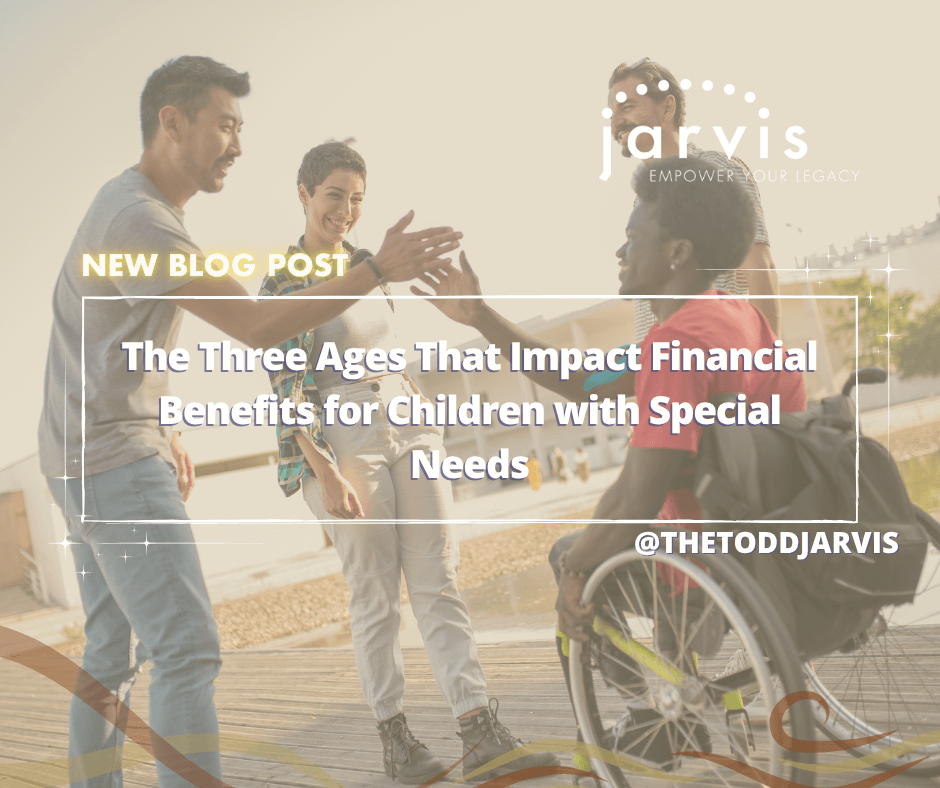Raising a child with special needs brings unique joys and challenges, including financial considerations that differ significantly from typical family planning. While every parent worries about their child’s future, you face additional complexities around government benefits, educational transitions, and long-term care planning. Understanding the critical ages and milestones ahead can help you prepare strategically and avoid costly mistakes that could jeopardize your child’s financial security.
These milestone ages aren’t just numbers on a calendar—they represent pivotal moments when your child’s benefits, services, and financial situation may change dramatically. By understanding what happens at each stage and planning accordingly, you can ensure your child maintains access to crucial support while building a foundation for their long-term well-being.
Let’s explore each of these critical milestones and how you can prepare your family for the changes ahead.
Age 18: The SSI Transition and Adult Benefits
When your child with special needs turns 18, everything changes from a benefits perspective. This birthday marks one of the most significant financial milestones in your child’s life, as they become eligible to apply for Supplemental Security Income (SSI) in their own name. Unlike childhood disability benefits, which consider your family’s income and resources, adult SSI eligibility is based solely on your child’s individual financial situation.
This transition can be incredibly beneficial for families. If your household income previously made your child ineligible for benefits, turning 18 opens the door to crucial financial support. However, this milestone also introduces new complexities around asset limits and income restrictions that require careful planning.
SSI has strict asset limits—currently $2,000 for an individual. This means any money you’ve saved in your child’s name could potentially disqualify them from benefits. Additionally, if your child receives any income from work or other sources, it could affect their benefit amount. Understanding these rules before your child turns 18 allows you to make strategic decisions about asset management and benefit optimization.
The transition to adult services also begins around this time. Your child may need to apply for adult disability services, which often have waiting lists. Starting this process early, ideally before your child’s 18th birthday, helps ensure continuity of care and support services.
While the 18th birthday brings new opportunities for independence and benefits, it’s just the beginning of a series of important transitions. The next major milestone comes just four years later and represents an even more dramatic shift in your child’s support system.
Age 22: Educational Services End and Adult Life Begins
Perhaps no transition is more dramatic than what happens when your child turns 22. Under federal law, your child’s entitlement to special education services through the school system ends, typically by their 22nd birthday or upon high school graduation, whichever comes later. This marks the end of Individualized Education Programs (IEPs) and the structured support system you’ve relied on for years.
The shift from educational services to adult services represents a fundamental change in how support is provided and funded. While school-based services are guaranteed under federal law, adult services are often limited by state funding and may have waiting lists. The transition requires careful coordination between school personnel, adult service agencies, and your family to ensure your child doesn’t fall through the cracks.
This is also when many families face the reality of long-term care costs. If your child needs ongoing support for daily living activities, housing, or vocational training, the financial responsibility often shifts from educational systems to a combination of adult services, benefits programs, and private pay options. Without proper planning, these costs can be overwhelming.
Employment considerations become crucial at this stage as well. Many adults with special needs can work in some capacity, but earning too much income could jeopardize their benefits. Understanding work incentive programs, supported employment options, and how employment income affects benefits is essential for maximizing your child’s independence while preserving crucial support.
Importantly, the transition planning process should begin years before your child turns 22, ideally around age 14 when transition planning becomes part of the IEP process. This early start allows time to explore options, connect with adult service providers, and make necessary financial arrangements.
Age 26: Healthcare Coverage Transitions
When your child with special needs turns 26, they can no longer remain on your employer-sponsored health insurance plan under the Affordable Care Act’s dependent coverage provision. This milestone creates a critical need for alternative healthcare coverage, which can be particularly challenging for individuals with ongoing medical needs and limited income.
For many young adults with special needs, Medicaid becomes the primary healthcare option after aging out of family coverage. Medicaid eligibility is often tied to SSI eligibility, making the earlier financial planning around benefits even more critical. However, Medicaid coverage varies significantly by state, and navigating the application process can be complex.
The loss of family health insurance can also affect access to specialists, therapies, and medications your child has been receiving. Different insurance plans have different provider networks and coverage rules, potentially disrupting established care relationships. Planning for this transition includes researching available options, understanding coverage differences, and potentially scheduling important medical appointments before the transition occurs.
Strategic Planning That Adapts to Your Child’s Needs
Successfully navigating these critical milestones requires more than just awareness—it demands strategic planning and execution. Unlike most attorneys who simply draft documents and send you on your way, my Life & Legacy Planning® process is explicitly designed to support you through these complex transitions. When you work with me, I don’t just create legal documents—I become your trusted advisor for life, guiding you through the process step by step, and being there for you during your life and for your loved ones after you’re gone.
My process always starts with education. During your Life & Legacy Planning Session, I help you understand exactly what will happen at each milestone and how your current situation will affect your child’s future benefits and services. Once you know this, you can make decisions about what you want to happen with intention and your eyes wide open. Then together, we create a comprehensive timeline that identifies when each transition will occur and what actions need to be taken beforehand.
My Life & Legacy Planning process is tailored to your family’s unique situation. This includes determining whether Special Needs Trusts are appropriate for you and your child, understanding how different types of accounts and investments affect benefits, and creating sustainable plans for the ongoing costs of care and support. Unlike traditional estate planning that focuses only on what happens after you die, my Life & Legacy Planning process ensures your child is protected and supported throughout their entire lifetime.
How I Help You Navigate These Critical Transitions
Planning for these financial milestones doesn’t have to feel overwhelming. As a Personal Family Lawyer® Firm with a special needs planning focus, I understand the unique challenges you face and can help you create a comprehensive plan that protects your child’s benefits while building a foundation for their future independence. From Special Needs Trusts to benefit planning strategies, I’ll guide you through each milestone and ensure your child has the support they need, even when you’re no longer here.
You don’t need to navigate these transitions in the dark. Book a call with me here, and let me help you create a plan that works for your family:
https://letsmeet.io/devonneve/free-15-min-consult-phone

